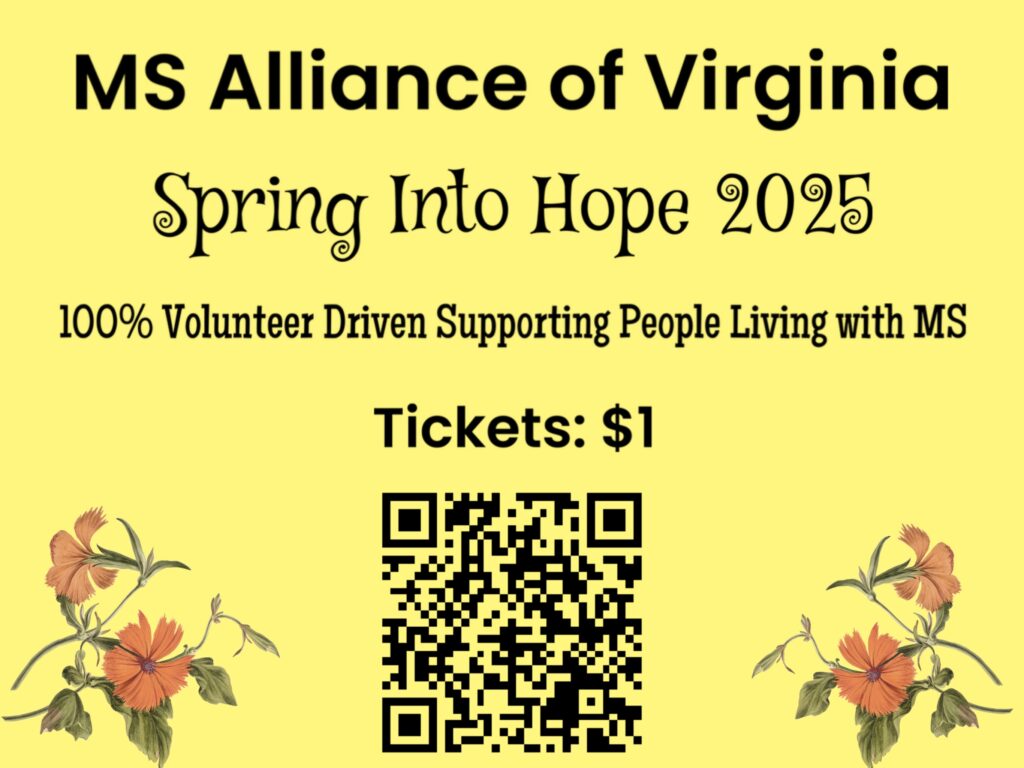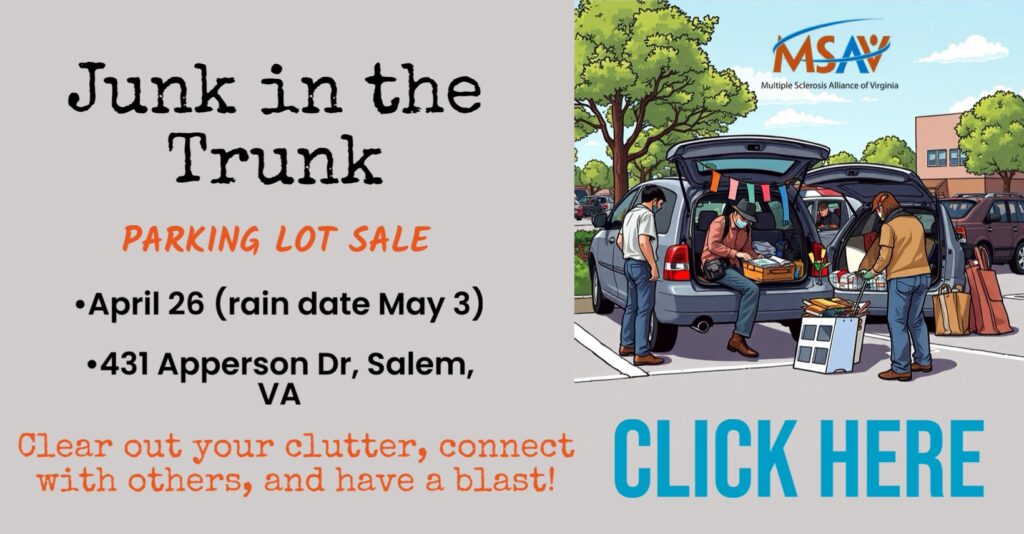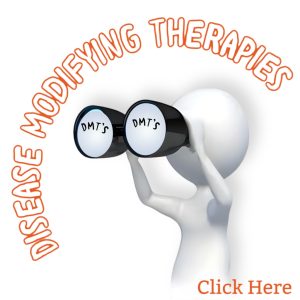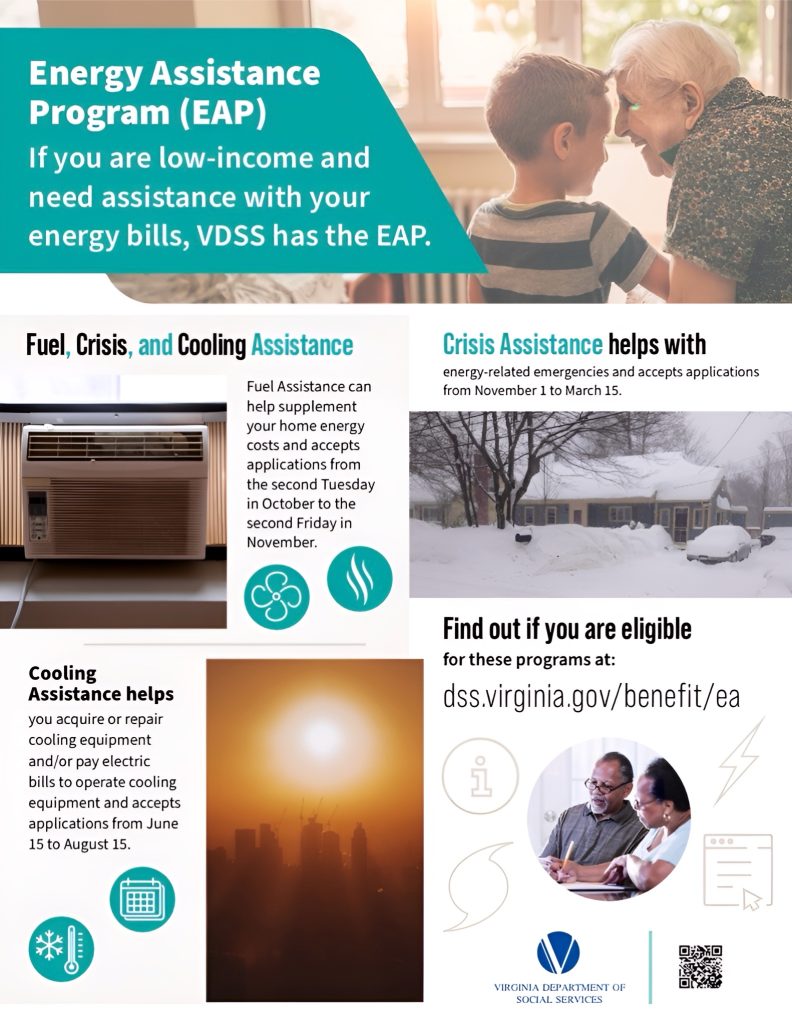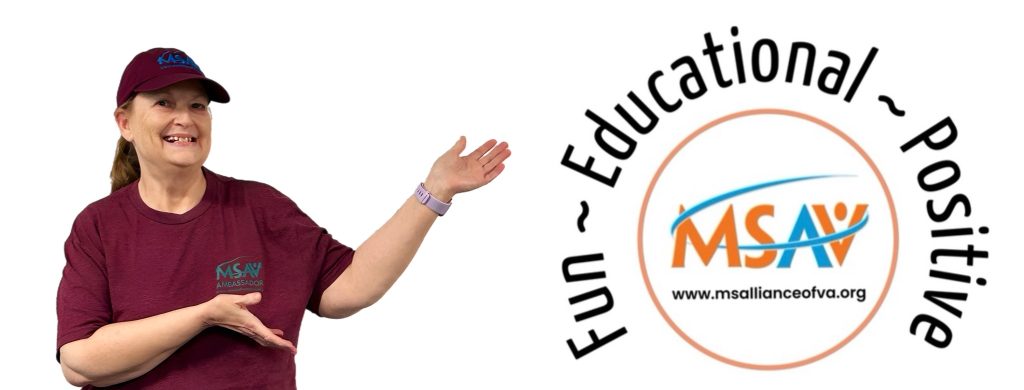
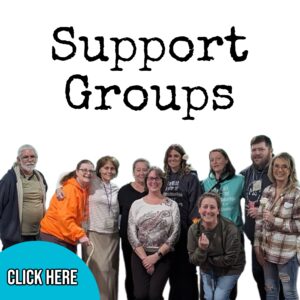
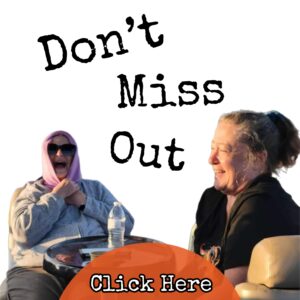


Understanding Tumefactive Multiple Sclerosis
Tumefactive multiple sclerosis (MS), also known as Balo’s concentric sclerosis or Balo’s disease, is a rare form of MS with symptoms resembling those of a brain tumor. Less than 1 percent of all MS cases are diagnosed as tumefactive MS. Tumefactive MS typically...
Causes of Multiple Sclerosis
The cause of multiple sclerosis (MS) is unknown. Scientists have proven that MS is autoimmune in origin. In other words, the damage in MS is caused by the body’s immune system attacking its own tissues, but scientists have not yet figured out why this process begins. ...
Bryostatin-1, Molecule to Protect Synapses, May Move Into MS Trials
Synaptogenix announced plans to advance bryostatin-1, its lead candidate, into clinical trials for multiple sclerosis (MS), marking the third neurological disease the small molecule therapy is being developed to potentially treat. “Multiple sclerosis joins Alzheimer’s...
Optic Neuritis: How Does MS Affect Vision?
Optic neuritis (ON) is an inflammatory and demyelinating eye condition that causes eye pain and sudden vision loss. It is a common condition among people living with multiple sclerosis (MS), regardless of the type of MS they have. Nearly 50 percent of people with MS...
Why Everyone With MS Needs a Psychologist on Their Care Team
WHEN YOU’VE BEEN diagnosed with a disease like multiple sclerosis (MS), a chronic inflammatory condition that occurs when the immune system attacks the central nervous system (CNS), it's essential to have a wide-ranging care team you can rely on over the long-term....
The Virginia Energy Assistance Program (EAP) assists low-income households in meeting their immediate home energy needs. The EAP consists of four components: Fuel Assistance, Crisis Assistance, Cooling Assistance and Weatherization Assistance. Click on the flyer for more information.
Our Mission Statement
Provide programs, events, activities and services for people living with MS in Southwest Virginia and the surrounding areas, including veterans.
Educate and empower people with MS, their care partners, friends and family. We will guide people to organizations that may be able to assist with their needs.
Contribute to awareness in the community, including educational programs to young people, first responders and community organizations.
Encourage and expand support groups to include assisted-living facilities, homebound people and help others start upbeat groups like ours.

